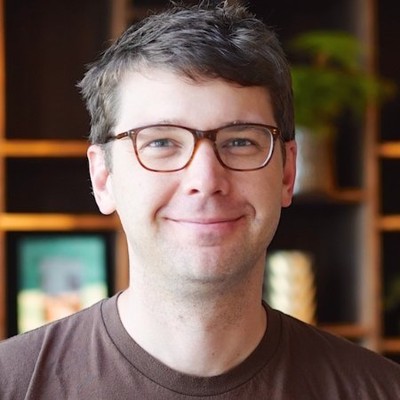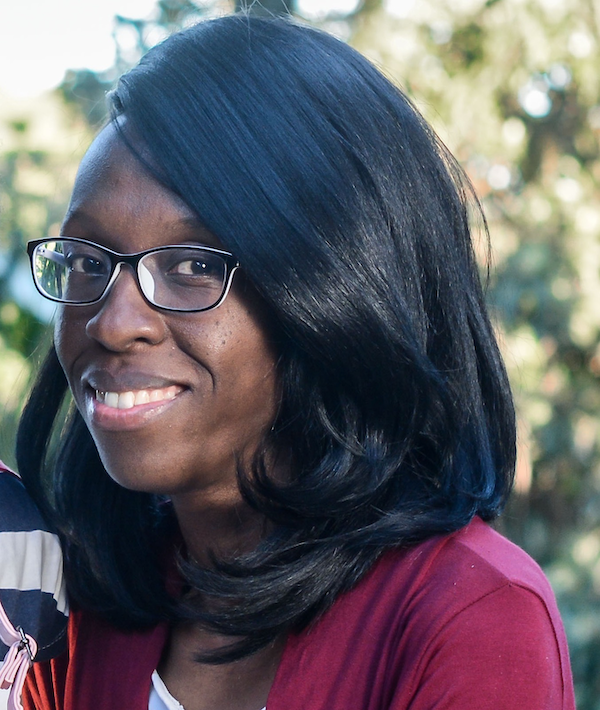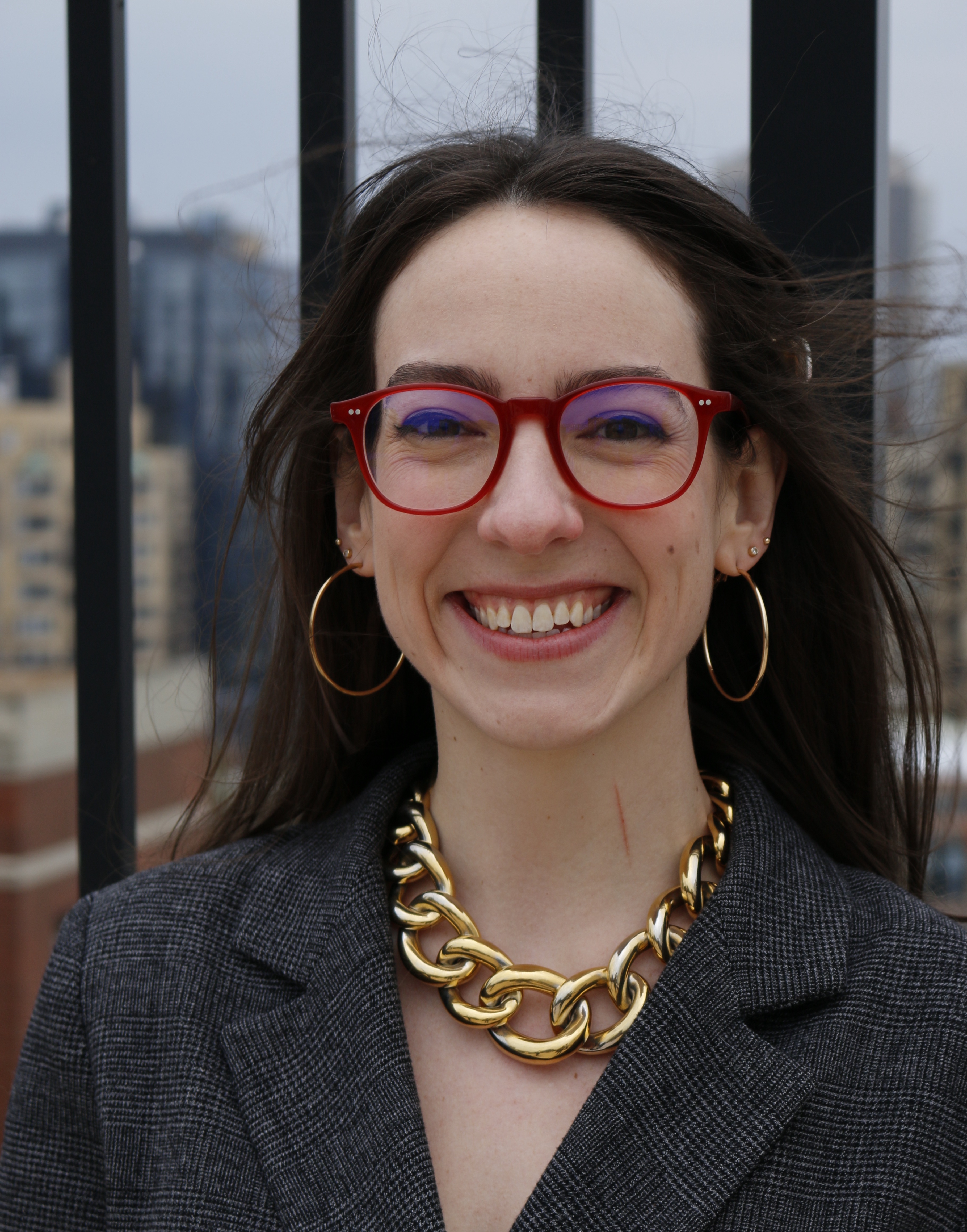In the late 2010s, Josh Taylor—or Wild West Josh, as he calls himself on the internet— was working in construction and listening to a lot of podcasts. He had the vague thought that he should make one one day.
Then he stumbled upon Dan Cummins’ show Timesuck, and something clicked. The format inspired him. Josh wanted to make his version of the show. So he went home and listed out all of the things that, as he says, “people are tired of hearing me talk about.” Enough of them were Old West related that it seemed obvious what he should focus on.
Wild West Extravaganza debuted in 2019, and its audience has been steadily growing ever since. Which is especially impressive when you know that Josh comes from a fairly non-traditional background in the podcast world: when he first started the show, he didn’t even own a computer.
Now he’s a full-time podcaster, thanks in large part to ad revenue from posting the show on YouTube. So we talked to him about how to play the attention game, starting from the ground up, and editing yourself even when you hate it.
This conversation has been edited and condensed for length and clarity.

You’ve said that initially, you did everything wrong. What were you doing wrong? And how did you start turning that around and getting it right?
I recorded on my smartphone. It was such a convoluted process. It's so embarrassing to talk about. I couldn't figure it out, so I would record on my cell phone, email myself those files, and then I would convert those files to mp3s. It was horrendous.
It also took me a while to find my own voice. But eventually, I got a real microphone and started using a DAW.
I didn't think anybody was going to listen. I didn't start a podcast so people would listen. I just wanted to do it for fun, really. And people started listening. So I would constantly force myself to go back and listen to older episodes, maybe something I recorded three months ago. And every time I would just get sick to my stomach, ‘cause I hated it. I got tired of that feeling. I was like, “Okay, let me start doing something better.”
I also used to drink a lot, and that wasn't very conducive. So I stopped drinking. I was worried, well, maybe my creativity will take a hit. No, I didn't have any creativity before. I just thought I did. Once I started hearing things with a clearer mind, that's when I started improving, started trying to lean more into the storytelling aspect.
When you decided to level up, how did you figure out what mic to buy, what DAW to use?
Google, really. There's a lot of bad advice out there. There's a lot of good advice, too. So I figured out, Arielle Nissenblatt, she's a very good person to listen to. I took a lot of her advice. Dave Jackson’s School of Podcasting, I listened to a lot of that stuff. I was like, “Oh, so that's what I'm doing wrong.” You can get on Reddit and that's where some of that bad advice comes into play.
The podcast is scripted. Do you have any background as a writer?
No, not at all. I was a machine operator and then a forklift driver. I didn't go to college. I have no idea what I'm doing. I hadn't touched a computer for probably 10 years before I started my podcast. I went out and got the cheapest one I could find at Walmart.
I had to learn how to use a computer all over again. I didn't know what an RSS feed was, any of that type of stuff. So writing, no. I knew how to type. That's about it.
You were really starting from the ground up.
I was below the ground. I was buried in the dirt, I’m tellin ya.
I wanted to find the people that started from nothing. Like, perfect example is Jack Rhysider. He has a podcast called Darknet Diaries. It's huge—a gazillion downloads an episode. He started off from zero. He was a nobody. He's very open about giving people advice. I actually talked to him on the phone.
I found that a lot of people can't sit here and tell you exactly what an RSS feed is, they can't tell you the pros and cons of the different DAWs. But they know how to tell a story and they know how to get listeners. So those are the kinds of people I started pivoting to listen to. Like, okay, what is this guy doing differently? How is this guy telling his stories? ‘Cause I think at this point, I'm more of a storyteller than anything.
Where did your initial audience come from?
I have no idea. Well—I have two audiences. I have a podcast audience and I have the YouTube audience. They grew basically organically. I've found discoverability a lot easier on YouTube, at least in my genre. Honestly, I didn't do any advertising until this year.

I've had a couple little spikes. Do you know who Lindsay Graham is? [Ed note: No, not the senator.] He does a History Daily show, and every Saturday they have a Saturday matinee where he'll play an episode of somebody else's podcast. Maybe about two years ago I was able to get on the Saturday matinee. That was a nice little spike. I've done some promo swaps. I've done a few feed drops. But it was never anything really significant like, okay, this is gonna give me a million listeners. It's always been a steady increase.
I did start going full time about a year ago. Then I was able to focus all my attention on this—or as much as my daughter will allow me to focus on it. Before that, I wasn't on a consistent release schedule. I tried to do every other week. And once I buckled down, I was like, screw it. I'm putting out an episode every week, as long as I possibly can. That's when I started seeing more of a sharper increase.
It took you a while to have a process you were happy with. What does your process look like now?
Usually I'll write the script as I'm researching. So it can be—the script I'm working on right now, it's got 14,000 words. That’s an episode and a half. It's probably going to be a series of about four episodes.
Then when I'm done researching, I'll go back and read through the entire thing five or six times, changing stuff, cutting stuff, adding stuff. I'll read it out loud. I'm trying to write in the same voice that I talk in. That's my biggest thing. I want to sound natural while I'm reading the script.
Then I'll sit down and record. I hate recording, and I hate editing. I shouldn't have a podcast, to be honest with you. I love the research and writing, and then I'm like, Oh, f*ck, I gotta sit down and record this now. That's like pulling teeth for me.
For a series, I'll try to record it all at once. So I just get it out of the way, and then I know for the next couple of days, I'm just gonna be editing nonstop.
I'll make my artwork. I'll make my show notes as I go. And then I publish.
Do you record at home? What does your gear setup look like?
I use the RE-320 mic from Electro-Voice. These headphones are the Sony HD 7507; I love them. My interface is the Zoom PodTrak P4. I usually record straight onto my laptop.
Behind me are some janky homemade sound panels. They're like, stapled on old sheets and two by fours with insulation. I got really tall ceilings, so I had a problem with reverb. I'll supplement by putting pillows all over the place and stuff like that.
I have this metal mesh P-filter. I don't think it works very well.
For software, I love Audacity. I know a lot of people think it's for amateurs. I don't really care. It does everything I need it to do. I've tried other DAWs in the past, but right now I'm back and forth between Audacity and Hindenburg.
I don't go too deep with my editing anymore. I realized I've got whatever the disease is where you hate your own voice, and there's nothing I can do where it makes it sound okay in my opinion. So I've got a plug in for EQ, I've got a DeEsser plug in. I splurged on an Izotope package just for the mouth declicker.
I write everything out in Word Microsoft Word. I've been playing around with Descript lately.
I told you I hate editing. I hate it, hate it, hate it. I've got a little bit of a, I don't even know what. It's some type of speech impediment. I stumble over my words. I start stuttering. And if I record for two hours, I'm only gonna be able to use an hour of that. So I spend a lot of time editing because I have to rerecord phrases and sentences and stuff like that. So I did use the text edit feature on Descript, and it was pretty good. I was surprised how good it was.
I use Canva a lot. PodPage for my website.
How did you decide to transition out of working a day job and into full-time podcasting?
Usually, I'm the one that watches my daughter in the mornings while my wife is working.
About a year after she was born, I took a job working the night shift just so I could be off in the mornings. I took this job specifically for the hours. Everything was great. I had two nights off every weekend, so that’s when I would work on the podcast.
Then they changed the hours. I talked to them about it, and they transferred me to a different location. It was a pay cut, but I didn’t care. I have a job, I get to be with my daughter. Fine.
And that night—you ever have a really bad first day at work? I basically spent the night doing really dirty manual labor. And the whole time I'm thinking, gosh, man. I know how to make a podcast. Why am I doing this sh*t? Why am I sitting here stacking 80 pound bags of concrete? This is how I'm going to be dead by the time I'm 50, you know? I'm not gonna be able to pick my daughter up. I've got thousands of people that listen to my voice. I haven't figured out how to make it into a full time job, but that's just ‘cause I don't have time.
I went home that morning and had a talk with my wife. I'm like, “Listen, I'm not going back. I need a couple of months just to focus on this show. I know I can make this happen.”
She said, “Okay, let's do it.” And that's what I did. And it worked.
I mean, I still wake up in a panic every night, like, I don't have a job! This is insane. What the hell am I doing?
I couldn't have done it without YouTube. The money I make from the actual podcast, the ads I run on there—I think I was making about $1,500 or $1,600 a month. It's not enough for anybody to live off of. I figured out a way to basically double or triple that with YouTube, but even still, even now with the RSS feed, the advertisements I'm running, it's not enough to pay my bills on. If it wasn't for YouTube, I would not be able to do this.

When did you start putting the podcast on YouTube? What’s your strategy been like there?
I'd been doing it the whole time. It was just an afterthought—just another place to put my podcast. I was just taking my art as a static image and putting it on YouTube. That was it. And people hate that. It’s a very divisive topic.
I had somebody tell me it was immoral to put your podcast on YouTube because it's not a video and you're abusing the platform. All kinds of crazy stuff. I had YouTubers tell me that what I was doing was breaking the service terms, and as soon as YouTube found out they were gonna ban me.
I made my first dollar on the internet off of YouTube. It took a very long time for me to start making money with the podcast anywhere else, and by that point, I was already in the partnership program with YouTube. Wasn't making much—a hundred dollars a month, $200 a month, steadily going up, steadily going up. And then one day I had a really great month, like $1,800 in one month.
Someone asked me, why don't you focus on YouTube? You're making more money on YouTube. I get more engagement on YouTube. You can put out a podcast episode that gets whatever, 8,000 downloads, and you might get three emails. You almost think nobody's listening. But you put a video on YouTube, it gets 8,000 views, you're going to get 300 comments, right?
So I did what I had done with podcasting. I Googled, and I found people that I trusted. Like, even though I'm not on camera, even though it's still going to be a static image, what can I do to maximize engagement?
Luckily my format was already kind of set up for what works there. People on YouTube have short attention spans compared to your average podcast listener. They want to get into it right away. But you also have to package it properly. Once I started learning about the packaging the thumbnails and titles, that's when that really kind of exploded

What advice do you have for someone who wants to start a podcast of their own?
Find a show in a format you really like and copy them, but in your own voice, right? I mean, don't copy everything. Don't rip them off, but learn from people that have gone before you that have made it work.
And whatever your format is, I am an evangelist for YouTube. But you can’t slap up a static image video without the proper packaging. It doesn't matter how great your podcast is. You're not going to get any views. You have to learn how to make thumbnails. You have to learn how to properly write out your titles. It's going to look a little clickbaity and some people don't like that, but that's just how YouTube is.
You don't have to have a beautiful thumbnail. You just have to have an intriguing thumbnail. It might be the ugliest thumbnail that catches somebody's attention, causes them to click play. It’s an attention game. You have to get their attention.
And then don't worry about podcasts on YouTube. Don't worry about RSS integration on YouTube. Treat it as its own separate thing.






%20(1).JPG)

























